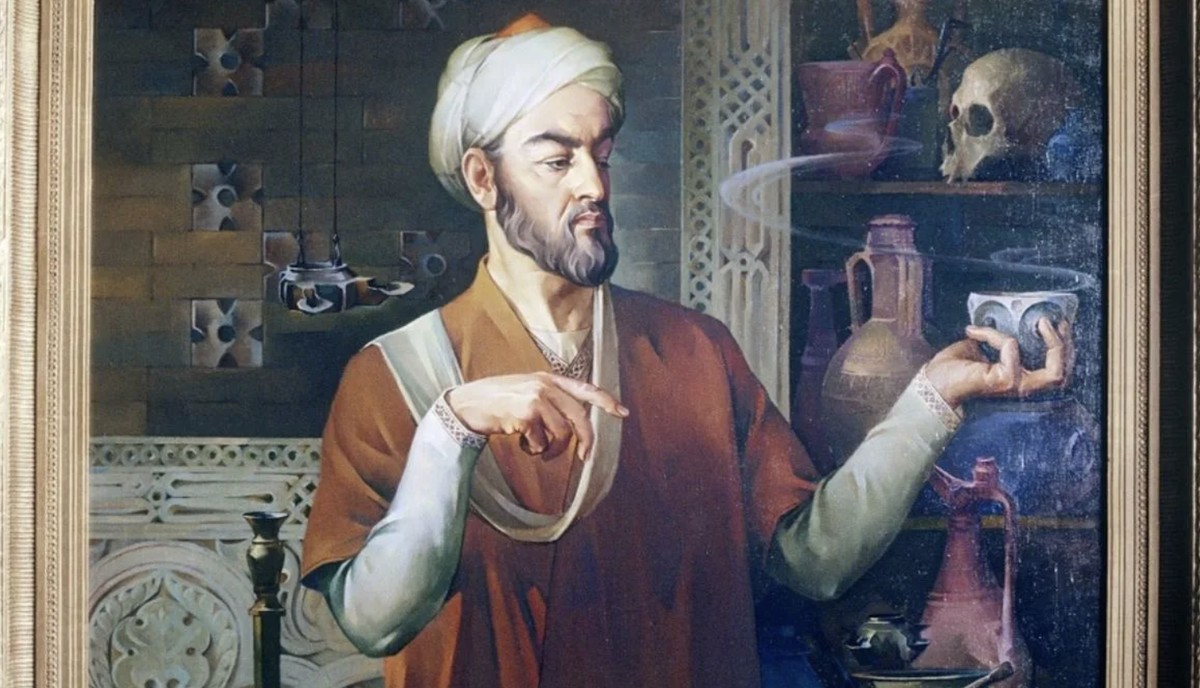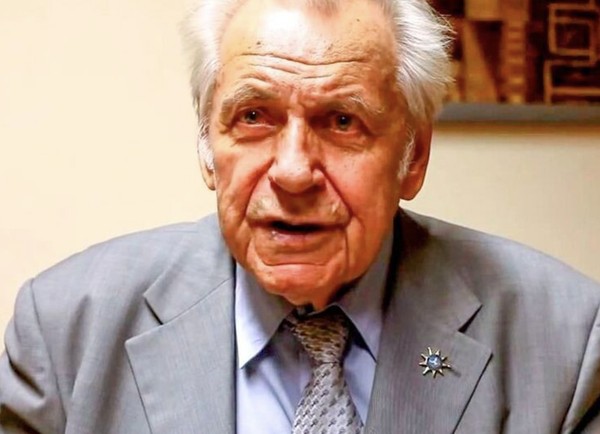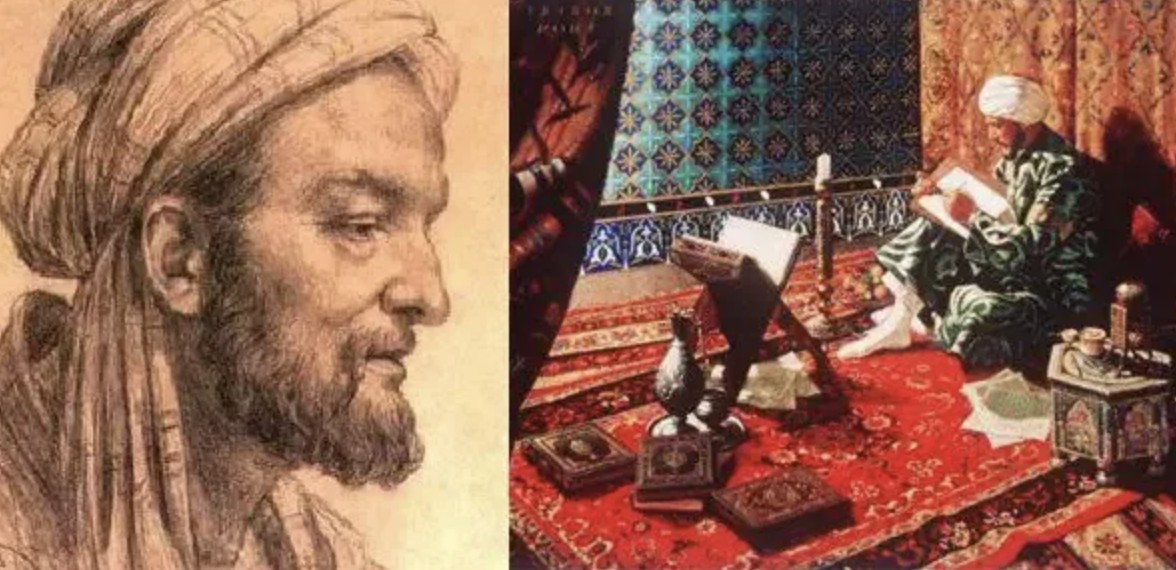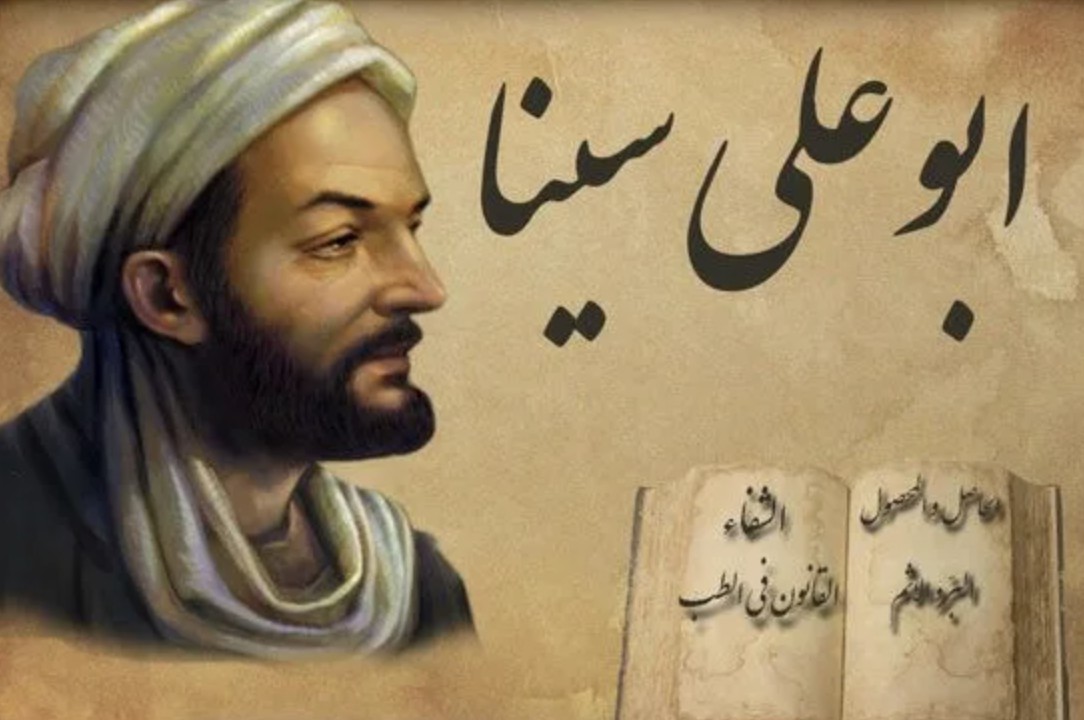These six longevity principles Ibn Sina gave a thousand years ago — and they still outpace any pill
Can we learn from a man who lived a thousand years ago? Ibn Sina, known in the West as Avicenna, was not only a healer and philosopher; he understood human nature with astonishing depth. As a boy he knew the Quran by heart, and by sixteen he had mastered the medicine of his time. In youth he saved the ruler of Bukhara when other doctors had given up. For centuries his Canon of Medicine stood as the foundation of medical knowledge. But the core of his work went beyond disease treatment: he taught a philosophy of life. His ideas about health and longevity were precise and surprisingly modern. Many of his rules have become obvious to us today, even as we forget who first voiced them. Below are six fundamental foundations through which he viewed health. Each is not a mere tip but a full way of living, blending insight with respect for human nature.

In This Article:
Sleep as a sacred science: the healing rhythm of rest
Avicenna treated sleep as a sacred time of restoration, not mere rest. He described the ideal sleeping position, the bed’s arrangement, and the sequence—first the right side, then turning to the left. These were not dogmas but conclusions drawn from watching the body and the mind. Today we know deep sleep produces melatonin, the so-called hormone of youth and an antioxidant. Sleep influences immunity, memory, and cellular repair. He warned against excessive or restless sleep, reminding us that healthy sleep is a dialogue with the body's needs. For Avicenna, listening to oneself was central. Healthy sleep is first and foremost a contact with the body and its needs.

Mind and body as one: emotions shape health
One of his most piercing lessons is that the body and psyche are not separate. Anger, fear, and sadness are not just feelings; they are states that can affect the pulse, digestion, and organs. His approach to the “fever from anger” used music, stories, performances, and laughter to shift attention and calm the body—an early form of psychotherapy. Today we would call that cognitive-behavioral therapy, stress management, or emotional intelligence. He warned that not the emotions themselves, but their repression, harms the body. When feelings are bottled up, they can poison health; when they are acknowledged, they can clear.

Water, movement, and nourishment: a triad of life
For Avicenna, water was more than thirst-quenching. It was a symbol of life, a carrier of inner moisture that sustains youth, flexibility, and the body’s ability to recover. He warned that drying of this inner moisture is a sign of aging. Movement was not mere fitness; it was a way to keep life flowing. For children it helps development; for adults it preserves strength; for the elderly it preserves clarity and life. Food was not calories alone. It was a ritual of interaction, respect for the body, and a form of early personalized nutrition—taken into account constitution, temperament, and health. Overeating, he warned, is not a sin but a failure to listen to the body’s signals; when we ignore them, we lose touch with ourselves.

Long life through learning: intellect as care for the self
Health, for Avicenna, includes the clarity of the mind. Knowledge is a path to health, not a separate goal. He warned that leisure and idleness erode well-being over time, as neurons die without stimulation and the mind loses purpose. Development means living with questions: to seek, try, doubt, and experiment. That daily practice was his form of self-care and a grateful acknowledgment of life. Avicenna left more than medical tips; he offered a holistic vision of living: the body as a temple, the mind as a compass, health as a constant contact with oneself. If we want to live long—in fullness, not just years—perhaps we should listen to these voices from the past. Join our closed Telegram channel, where a psychologist and an energy practitioner share proven breathing techniques and exercises to reduce anxiety and stress. Free to enter.


